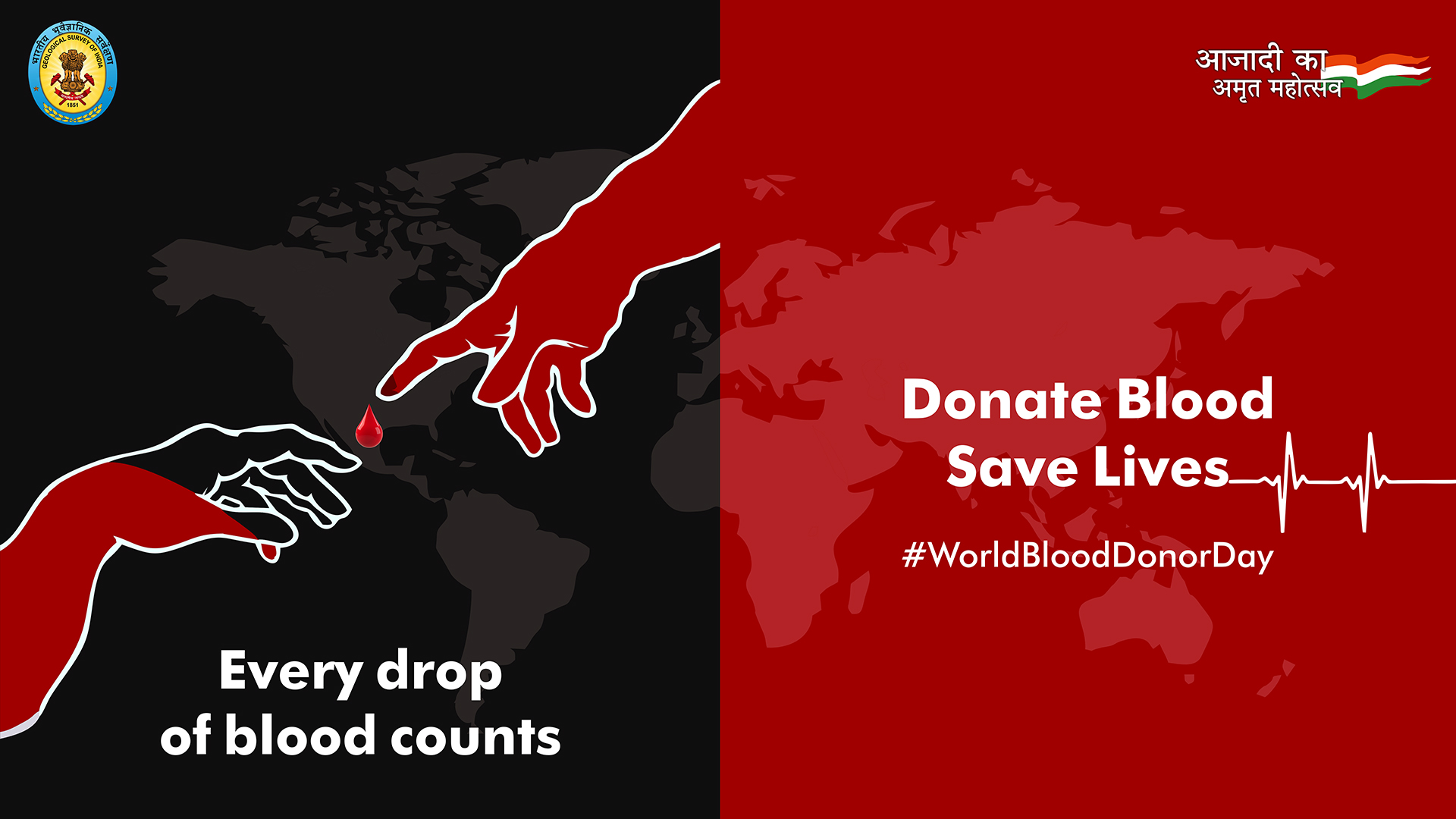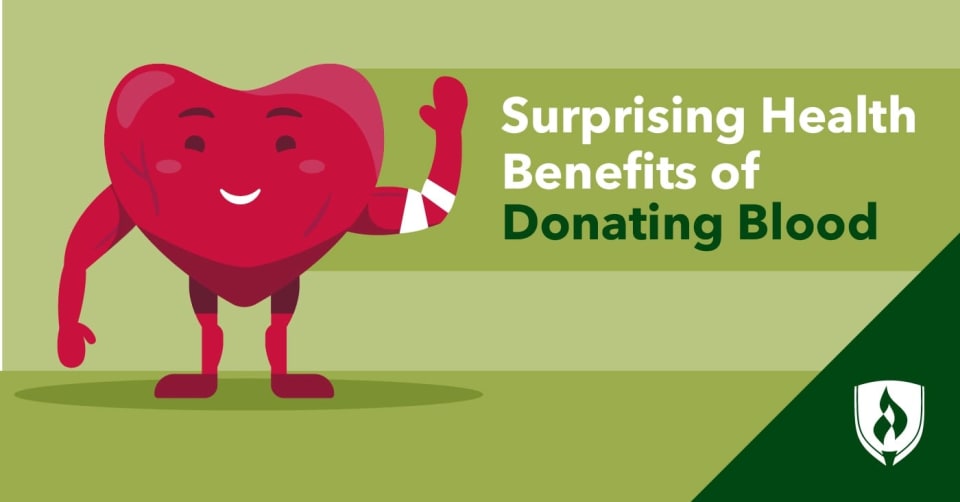
1. The Significance of World Blood Donor Day
1. The Significance of World Blood Donor Day World Blood Donor Day serves as a global platform to raise awareness about the constant need for safe blood and blood products and to express gratitude to voluntary, unpaid blood donors. It aims to inspire more people to become regular blood and plasma donors and emphasizes the critical role they play in saving lives.

2. Importance of Blood Donation
2. Importance of Blood Donation Blood donation is a selfless act that helps save lives. Donated blood is used for various medical purposes, including emergency treatments, surgeries, childbirth, and treating chronic conditions like anemia and cancer. Regular blood donation ensures a sufficient and safe blood supply for patients in need, and every donation can potentially save up to three lives.

3. Benefits of Plasma Donation
3. Benefits of Plasma Donation Plasma donation is equally important as blood donation. Plasma is a crucial component of blood that contains antibodies and other proteins used to treat patients with certain diseases. Plasma donation helps patients with immune deficiencies, bleeding disorders, and other medical conditions. By donating plasma, you can contribute to life-saving treatments.

4. Who Can Donate Blood and Plasma?
4. Who Can Donate Blood and Plasma? Most healthy individuals aged 18-65, weighing at least 50 kg (110 lbs), and meeting specific eligibility criteria can donate blood and plasma. However, certain factors, such as recent travel to certain regions or medical conditions, may temporarily defer someone from donating. It's important to check with your local blood donation center or health authorities for specific guidelines.

5. How to Prepare for Blood and Plasma Donation
5. How to Prepare for Blood and Plasma Donation To ensure a successful donation, it's essential to prepare beforehand. Stay hydrated by drinking plenty of water, get a good night's sleep, and eat a healthy meal before donating. Avoid alcohol and strenuous activities on the day of donation. Following the guidelines provided by the donation center will help ensure a smooth and safe donation experience.

6. The Donation Process and Post-Donation Care
6. The Donation Process and Post-Donation Care The blood and plasma donation process involves registration, medical screening, and the actual donation. After donation, it's crucial to rest and hydrate, avoid heavy lifting or vigorous exercise, and follow any specific post-donation instructions provided by the donation center. Donors are usually provided with light refreshments to replenish their energy.
